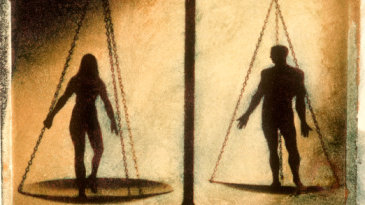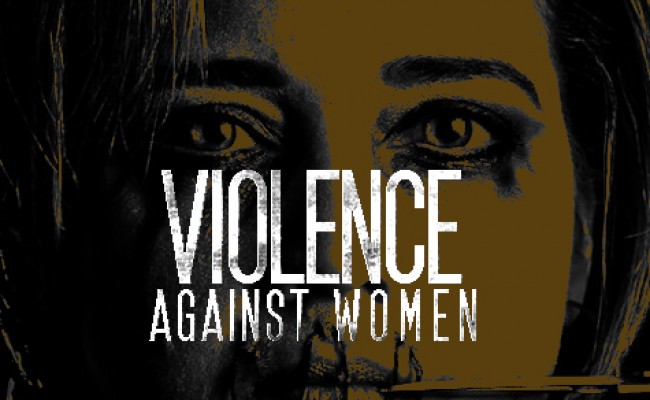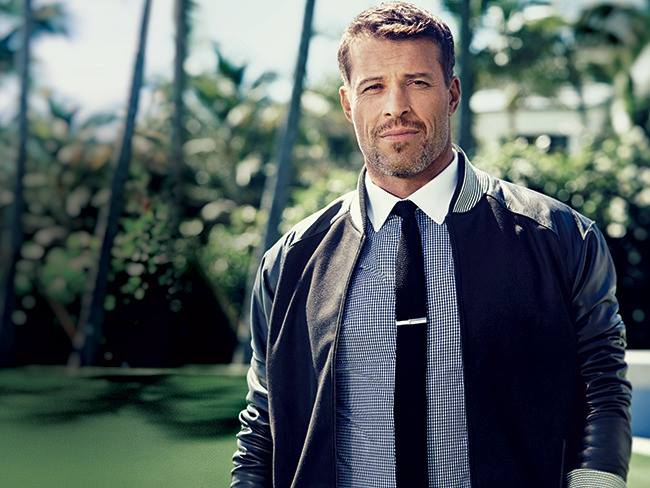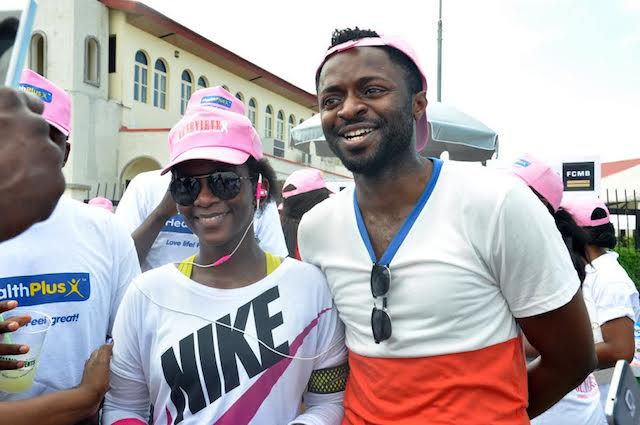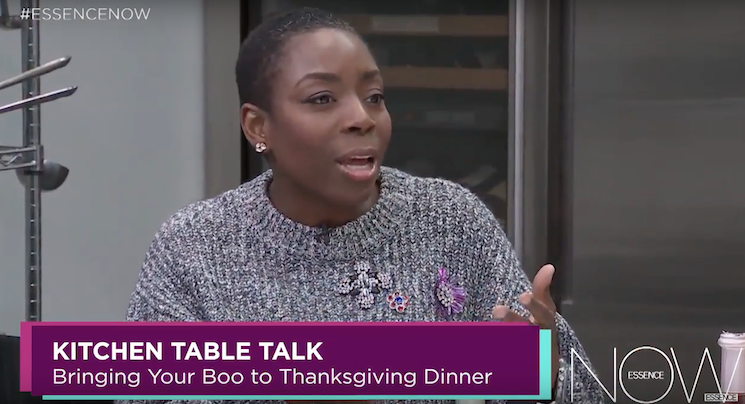 Petition To Endorse Anti Violence Against Women Act (AVAWA)
Petition To Endorse Anti Violence Against Women Act (AVAWA)
Violence against women (VAW) is recognized as a problem that continues to disenfranchise women everywhere at the grassroots level in every region, country, culture, and religion. Gender-based violence violates human rights, hampers productivity, reduces human capital, and undermines economic growth. The global campaign for ending violence against women and the demand for recognition that “women’s rights are human rights” has been defined and interpreted in the broadest term to include not only physical, but psychological, emotional and systemic violence –bringing women advocates together to promote an understanding of VAW and seeking an end to it everywhere in the world.
The United Nations (UN) and the broader international community have recognized and identified this problem and as a result, launched the Convention on the Elimination of All forms of Discrimination Against Women (CEDAW) on 18 December 1979 to advance the status of women. The campaign resulted in a multilateral treaty devised to ensure that most countries have measures to curb the prevalence of violence against women and ensure the advancement of women. Although many countries ratified the CEDAW treaty, they often have no means to implement it domestically. Activists and a number of civil society groups had argued that the problem was not only increasing, but reaching epidemic proportion in many societies. Many people are beginning to worry that the Convention serves nothing more than being a diplomatic good faith document to appease the League of Nations on human right concerns but without substantive efforts to end VAW and advance women.
“A Global Call to Action” hearing revisited the United States’ hesitation to ratify the CEDAW, and failure to pass the International Violence Against Women Act (IVAWA). Supporters of ratification hold that the Convention is a valuable mechanism for fighting women’s discrimination worldwide. They argue that U.S. ratification will give CEDAW added legitimacy and empower women who fight discrimination in their own countries. Opponents of the Convention maintain that it is not an effective mechanism for addressing discrimination against women internationally or domestically, emphasizing countries widely believed to have poor women’s rights records have ratified the treaty and that the U.S. Constitution has been a far better protector of women’s rights in America than has any international treaty.
The US is right. According to the UN Charter, PART I, Article 1 “1. All peoples have the right of self-determination. By virtue of that right they freely determine their political status and freely pursue their economic, social and cultural development.” Both IVAWA and CEDAW are considered to be based on radical interventionist development of feminist agenda. This statement holds true particularly for countries with colonial heritage whose sovereign agenda has been set on the right to self-determination course. In fact most of all African countries too, are in this category. Nevertheless, VAW is still a real concern. Many African societies are still grappling with the concept of gender inequality while some are in utterly denial about VAW. A global study by the World Health Organization found Sub-Saharan Africa rates for intimate partner violence to be above the world average of 6.4%. The highest prevalence is in the Central African sub-region (65.6%) and in the West African sub-region (41.8%). Rates of non-partner sexual violence are also much higher than the global average of 7%, with the highest prevalence recorded in the central African sub-region (21.1%) and in the southern African sub-region (17.4%). Recent cases include grim reports from Sudan, Democratic Republic of Congo, Uganda, Egypt, Somalia, and even South Africa on issues of rape, Female Genital Mutilation/Cutting (FGM/C), IDP, access to or control over and ownership of resources including land, credit, politics, energy, information, and technology. A severe example of VAW concern is the reminder of the abducted girls in Chibok town of Borno State in Northern Nigeria by the terrorist group, Boko Haram. Systemic intimidation to keep education out of women’s reach persists. A new UNESCO Institute of Statistics report shows that women still make up two-thirds of the global illiterate population, and almost half of that is from sub-Saharan Africa alone.
Although CEDAW has brought unprecedented awareness and progress to Gender Inequality and VAW around the world,It is important to understand that the fact that a country has ratified an agreement does not necessarily mean that it is observed, implemented, or respected. The grim report on Africa are coming from countries that have not only accepted or ratified CEDAW but also ratified the Protocol to the African Charter on Human and Peoples’ Rights on the Rights of Women in Africa, better known as the Maputo Protocol, which guarantees comprehensive rights to women including the right to take part in the political process, to social and political equality with men, to control of their reproductive health, and an end to female genital mutilation. It is clear that there are limitations to treaties especially when they are targeting domestic paradigm. An international treaty seldom stipulates how the States should implement its provisions, leaving it to each State to decide how that obligation will be executed on the domestic plane. There is no rule of general international law that all treaties must have effect in domestic law. States incorporate treaties and norms into their domestic laws by specific “transformational” devices, which often require legislation in order to give treaties domestic effect.
Instead of relying on treaties that have no effect, we are considering another approach that can mobilize the society through a more effective awareness and effectuating attitudinal and behavioral changes from within. In order for the vision for ending violence against women to become a reality, countries must be morally as well as legally committed to control violence against women within their own domestic laws. The Anti Violence Against Women Act (AVAWA) provides a solution that some people have interpreted as the missing link, and have agreed to support because they see it also as an effective and sustainable strategy for effective localization of the universal agenda on gender equality in Africa.
Anti Violence Against Women Act (AVAWA) provides an opportunity for a country to reveal a detail plan on how it will implement the existing legal provision for women in its constitution. AVAWA is therefore a comprehensive national action plan that includes programs, policies, and procedures for fulfilling a country’s mandate to protect and empower women as written in its constitution. For example, the Constitution of Egypt states: “The state commits to the protection of women against all forms of violence, and ensures women empowerment to reconcile the duties of a woman toward her family and her work requirements.” In this case, Egypt’s Anti Violence Against Women Act will be Egypt’s national action plan, guiding policies, procedures, budget, and institutions responsible for meeting this constitutional mandate. The AVAWA also serves as an impetus for developing a comprehensive national strategy as well as for updating judicial, legislative, enforcement and budgetary policies to address complex challenges of violence against women and other specific needs for healing with emphasis on rehabilitation of victims, and advancing gender equality measures.This detailed action plan is published for domestic and international review and updated annually.
AVAWA is essentially an ‘Act’ of accountability on the need to respect a country’s obligation to the contract with its society. AVAWA is complementary to CEDAW, Maputo Protocol, I-VAWA, DEVAW, and AWAVA. Its self-determination procedure makes it easily embraced in developing societies. AVAWA is original, nonintrusive initiative and adopting the process will improve women’s condition dramatically without compromising the integrity of the country within the international community of nations.
Moreover, the constitutionality of every law and every act of the Government is one of the most important political principles of democracies and universally accepted rule of law norms.Because Constitutions are understood to be supreme law of the land, they must be carried out and their implementation must be prioritized as primary needs of the country. The parliamentary or congressional approval requirement and the harmonization of the regulation process of AVAWA with executing institutions are not as complicated as if it were a bilateral or multilateral interventionist ratification agenda.
The very essence of civil liberty consists of the right of every individual to claim the protection of the laws, whenever one receives an injury; one of the main duties of government is to protect the rights of all persons. The fact that the country provides a well-articulated procedure such as the AVAWA can attract more democratic inclusion and stimulate improvement in governance. The international community will have legitimate measure to hold a country accountable for its failure to deliver on its constitutional obligation or choose to reward its proven success for improving the welfare of women in its sovereignty. The case for violence against women and detail information about arriving at AVAWA, how to implement, monitor and how to promote its awareness was presented on March 13th, 2015 at the Consulate General of Nigeria in New York as a parallel session to the United Nations’ 59th Convention on the Status of Women. The presentation provided on the link below gives a detail insight to history of VAW, including the difference between VAW (Violence Against Women) and VAM (Violence Against Men) and the feasibility of AVAWA:
Please sign the petition to endorse the AVAWA initiative as a non-intrusive diplomatic strategy to mitigate as well as make ending violence against women and girls a top priority for African States. AVAWA suggests that the African States government implement a comprehensive, multi-sectorial strategy to reduce and end violence. Endorsing will make the AVAWA report a legal tender of nations’ accountability act.
Thank you,
Wale Idris Ajibade
Executive Director, African Views Organization
Founded in 2007, Ladybrille® Magazine is a California based pioneer digital publication demystifying the image of Africans in the west through contemporary African fashion and celebrating the brilliant woman in business and leadership, with an emphasis on the African woman in the diaspora. Our coverage includes stories on capital, access to markets, expertise, hiring and retention, sales, marketing, and promotions.

